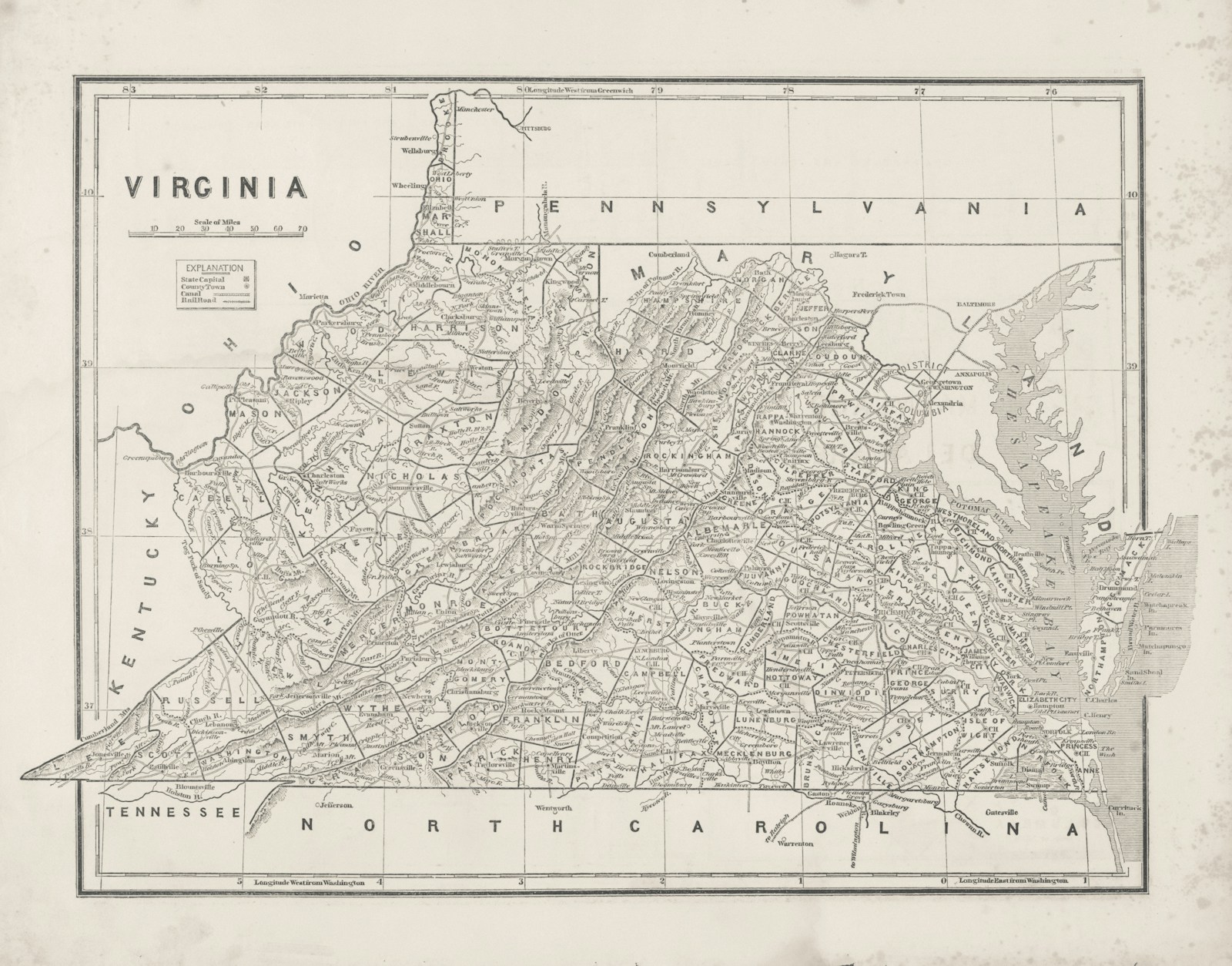
intrigue

plot
In French, the word plot can be translated as 'intrigue'. It can be used in a similar context as in English, to refer to the main events in a play, novel, film, or similar work, devised and presented by the writer as an interrelated sequence, or a secret plan or scheme to accomplish some purpose, especially a hostile, unlawful, or evil purpose.
Example sentences using: intrigue
L'intrigue du film est compliquée.

The film's plot is complicated.
This sentence helps to describe how the plot, or 'intrigue', of a film might be complex or not immediately understandable.
J'aime quand l'intrigue d'un livre est imprévisible.

I like when a book's plot is unpredictable.
This phrase expresses a preference for books with unpredictable stories or 'intrigues'.
L'intrigue de cette série est fascinante.

The plot of this series is fascinating.
This phrase can be used to express a strong interest in the story or 'intrigue' of a television series.
L'intrigue politique a été révélée dans le journal.

The political plot was revealed in the newspaper.
This sentence refers to a 'political intrigue' that has been uncovered and reported in a newspaper.
Il écrit une histoire avec beaucoup d'intrigue.

He is writing a story with a lot of intrigue.
This phrase is used when someone is writing a story or narrative that has a significant amount of compelling 'intrigue'.
Je ne comprends pas l'intrigue de ce roman.

I don't understand the plot of this novel.
This sentence communicates uncertainty or confusion regarding the plot, or 'intrigue', of a particular novel.
L'intrigue de la pièce de théâtre est complexe.

The play's plot is complex.
This phrase describes the plot or 'intrigue' of a play as being complex or multifaceted.
Avant le spectacle, l'intrigue était révélée.

Before the show, the plot was revealed.
This sentence refers to the 'intrigue' or plot of a show being revealed or explained before it begins.
L'intrigue du roman se déroule en France.

The plot of the novel takes place in France.
Here, the sentence describes the geographical setting of a novel's plot, or 'intrigue', as being in France.
La résolution de l'intrigue a déçu les lecteurs.

The resolution of the plot disappointed the readers.
This statement refers to the conclusion or resolution of an 'intrigue', in this case of a book, not meeting the readers' expectations.